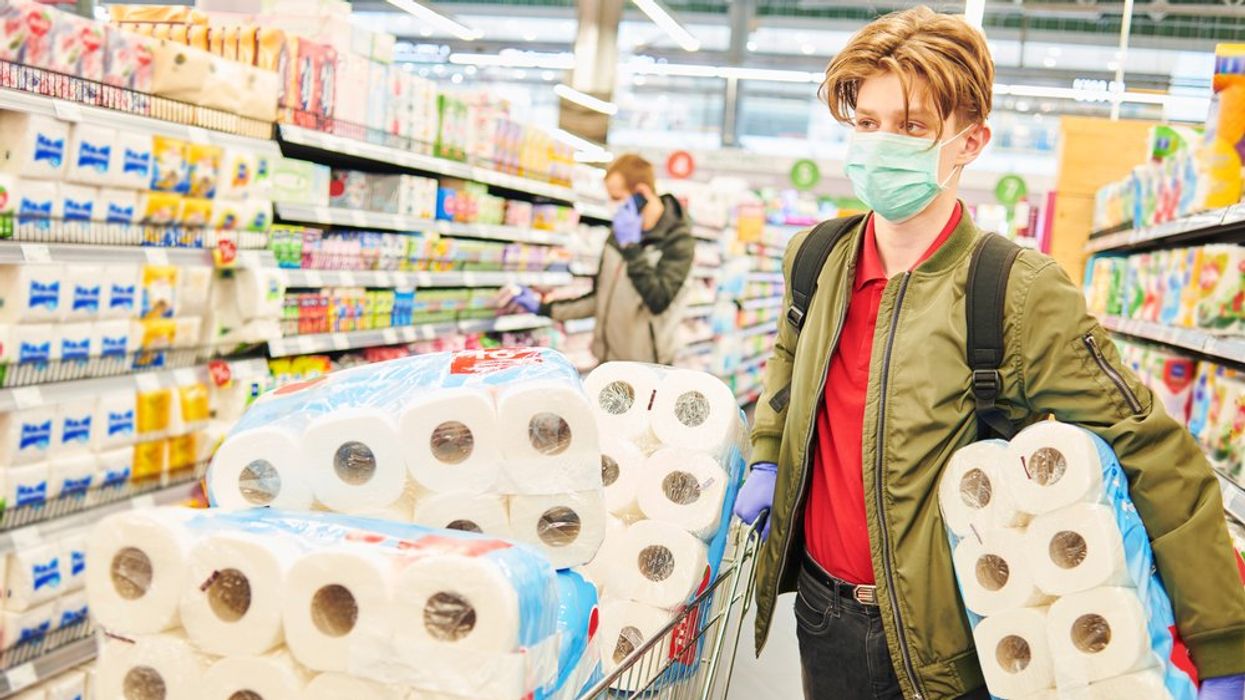No matter where in the world it's bought, toilet paper is likely to contain chemicals harmful to the environment.
A new study from the University of Florida tested 21 major toilet paper brands from Europe, Africa, North America, Central America, and South America for PFAS, finding that each one contained the compounds.
PFAS are also known as "forever chemicals," as they do not decompose, and can also contaminate drinking water sources. They are a group of chemicals used to make fluoropolymer coatings for products that resist heat, oil, stains, grease, and water. They're used in a number of household items, including clothes, furniture, adhesives, packaging, and wires.
The CDC links PFAS to several health effects, including conditions impacting reproductive health, the immune system, and particularly the liver. While PFAS can be absorbed through the skin, there has not been enough research to determine their impact on humans through wiping with paper that contains such chemicals.
The Florida study did not investigate the health effects, but rather the environmental impact of PFAS in toilet paper. As the average American uses 57 pounds of toilet paper every year, the 19 billion pounds flushed annually is a significant source of water pollution.
“Toilet paper should be considered as a potentially major source of PFAS entering wastewater treatment systems,” the study concludes.
Toilet paper companies have since responded to the study, claiming that PFAS are not intentionally added to the product. According to Jake Thompson, the study’s lead author and a University of Florida graduate student, much of the machinery used by manufacturers incorporates PFAS, even if they "might not be aware."
Thompson also noted that the same amount of PFAS were found in toilet paper made from recycled materials as that which was not. He said the purpose of the research was not to discourage toilet paper use, but to call attention to just how much harm is done by the chemicals.
“I’m not rushing to change my toilet paper and I’m not saying that people should stop using or reduce the amount of toilet paper they use,” he told The Guardian. “The issue is that we’re identifying another source of PFAS, and it highlights that the chemicals are ubiquitous.”
He added: “As a society we have to decide what to do about this problem."
- Kenyan Landfills Are Overflowing With Fast Fashion Waste ›
- California City Bans Balloons in Effort to Protect Ocean ›
- Forever Chemicals Have Been in Our Water For Far Too Long ›


















































